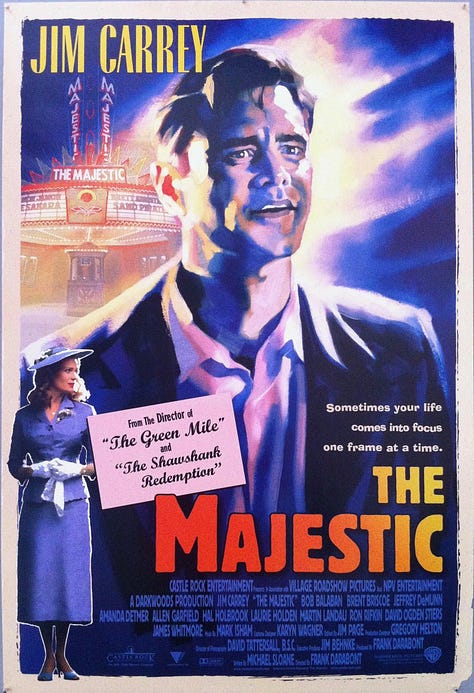Logline? Synopsis? Exposé? Treatment? Huh?
The questions regarding the various steppingstones on the way to a finished script keep coming up - and understandably so, because there's really no single correct answer.

The fact that there’s no single correct way to do any of the items mentioned in the title is, in fact, a positive in the collaboration game. All you have to do, always, is to ask what they want and then deliver that and nothing else.
I’ve been at this for more than twenty years and have dealt with both US and European markets. Over time, I’ve come to realize that you should never simply go with what you’ve done the previous time. Always ask the network, the producer, whomever, what exactly it is that they expect. I’ve had times when they asked for a treatment when in fact they wanted an expose - then of course there are different types of treatments, too!

The way I’ve handled it these past years is this > logline > synopsis > exposé > treatment > script. Here’s what they generally mean:
LOGLINE - This is, ideally, a single sentence that describes your story.
SYNOPSIS - Usually, the synopsis is a one-pager that gives the whole story.
EXPOSÉ - This is the entire story in short -anywhere between 3 and 10 pages.
TREATMENT - These can be anywhere from 10 to 40 pages.
SCRIPT - Especially from an unknown writer, the script should come in at somewhere between 100 and 110 pages. Anything longer will diminish your chances of your script even getting read.

All of the above is ideally shining because of the story you have a passion for. With a good story, you can proceed as you should - you hype nothing - you just tell the story, you highlight the characters, their wants and needs, you deliver the great twists and turns. The shorter forms - logline, synopsis and exposé - are promises. They are your promise to the reader that they’ll eventually get to read an excellent script.
In the end, remember that it’s always a collaboration, and always a business. You want to avoid a) unnecessary work for yourself and b) annoying a producer or network executive. So, when they ask for something, confirm back to ensure that you will be sending them exactly what they expect. That way, assuming your story rocks, everybody’s happy.
PS: As I was looking up pictures about screenwriters in films, I was surprised to see that there are quite a few more films featuring screenwriters than I’d remembered. One I had completely forgotten about was The Big Picture with Kevin Bacon as the man with the script. Then The Majestic with Jim Carrey as a 1950s screenwriter suspected of being a communist. Or how about The Muse, in which screenwriter Albert Brooks desperately needs to get inspired? Then of course there’s the wonderful My Favorite Year where Mark Linn-Baker is an aspiring writer - that picture, however, is all Peter O’Toole, joyously exuberant. Finally, one cannot fail to mention Sunset Boulevard, of course, starring William Holden as a struggling screenwriter.





Here’s a simple truth - most screenwriters occasionally wade through idea-shallow waters, at which point they think about writing a script about a screenwriter! Many screenwriters have written such scripts - actually, it’d be fun to find them as, of course, most of them are specs that have never been seen and never been made.
Maybe not entirely surprisingly, I’ve done it, too. I wrote a script called ‘Cracker’s World’ about a reclusive screenwriter of action movies who, surprise, surprise, is then thrown into a world of action. Fun action comedy to write and I’ve actually published the script on Amazon.








